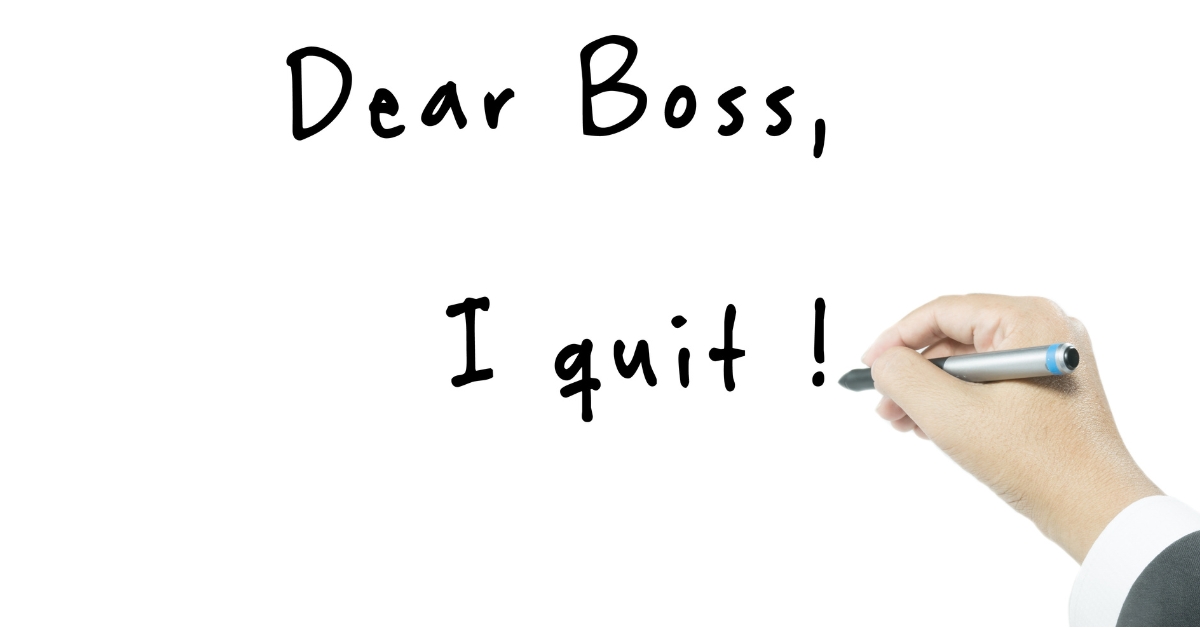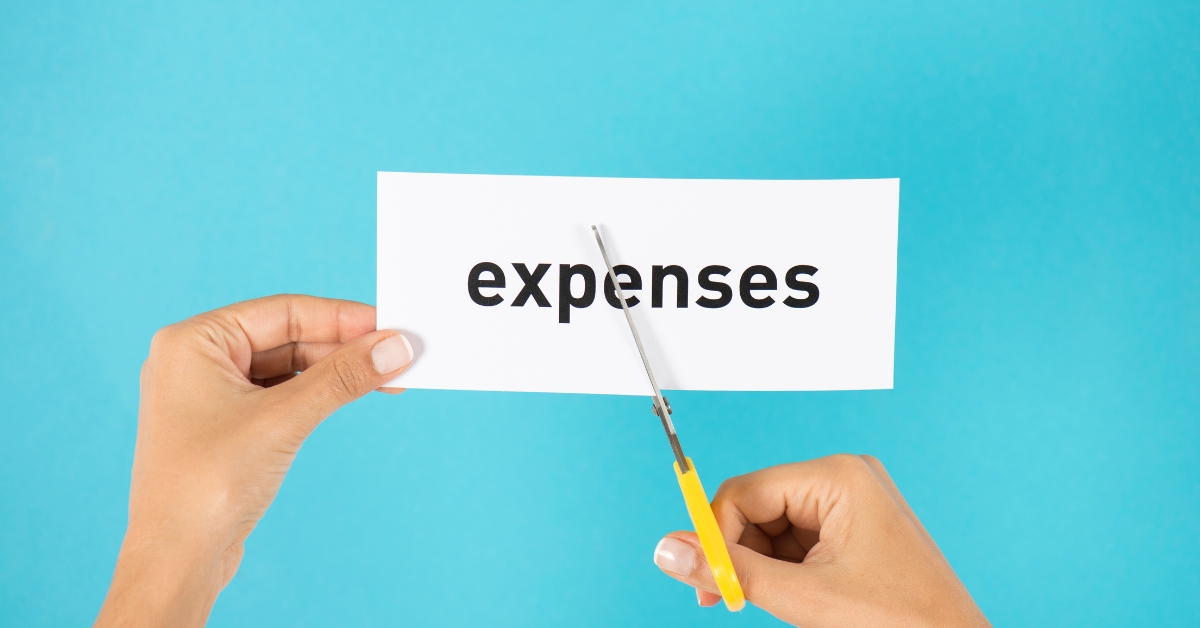Knowing how to live without a job is valuable if you want to travel, spend more time with your family, or not have to go into an office every day. You need to have a source of income, follow a budget, plan for emergencies, and take steps to protect your financial future.
Learn more in this comprehensive guide with steps, tips, and other essential details for living successfully without employment.
How Do You Live Without a Job?
You can live without a job. However, living comfortably takes planning and careful management of your finances. Here are the steps you need to take before trying to live job free.

1. Create a Budget
The first thing you need to do is create a detailed budget. With a job, you can afford a few unexpected expenses because you know you will receive a check in a week or two. Without a consistent paycheck, you have to be more budget-conscious.

In your budget, you should include the following:
- Housing Expenses (Mortgage Payments, Property Taxes, HOA Fees, Home Insurance, etc.)
- Home Maintenance (Lawn Care, HVAC Servicing, Pest Control, etc.)
- Utilities (Water, Gas, Electricity, Internet, etc.)
- Property Taxes
- Car Payments
- Insurance (Health, Life, Vision, Dental, and Auto)
- Groceries
- Auto Maintenance
- Retirement Account Contributions
- Subscriptions for Phone and Streaming Apps
- Subscriptions for Food, Box Clubs, etc.
- Entertainment
- Gym Memberships
- Childcare
- Pet Expenses
1. Reduce Your Expenses
Without traditional employment, you need to reduce your overhead as much as possible. You may want to get a roommate or rent a room in your house on Airbnb to lower your rent or mortgage obligation. Or, you can move into a smaller home to reduce your housing expense.

If you are paying a car payment, you should consider trading your car for a less expensive model or buying a cash car. By owning a vehicle, you can reduce your insurance coverage to liability-only insurance, which also saves you money.
Consider switching to basic internet, canceling unnecessary apps, reducing the data on your cell phone plan, and canceling your cable package. Couponing and using rewards programs will also help you reduce your monthly spending on groceries, toiletries, cleaners, and other household items.
Reducing expenses is one of the most important parts of living without an employer writing you a check. You need to have as few financial obligations as possible.
3. Save Money
Before you quit your job, you should save as much money as possible. You should have at least six to twelve months of income saved. Paying down debts before quitting your job to avoid derogatory reports on your credit report if you cannot make a credit card payment is also important.

4. Find Alternative Sources of Income
No matter how much you reduce your overhead, you will need a source of income. You should not plan to use your savings to pay for living expenses. So, you should consider the following:
- Consulting
- Working Odd Jobs
- Buying and Selling Items
- Starting an Online Business
- Selling Baked Goods or Cooking Meals for People
- Working for Doordash, Lyft, or Uber
- Renting Rooms in Your House
5. Handle Your Finances Responsibly
Finally, you must pay your bills on time and avoid incurring new debts. Without a job, missing payments can set you behind and may put you in a desperate situation if you do not know when you will be paid next. You can use the 10/20 rule to help manage your debt obligations.
Things to Consider About Living Without a Job
Before deciding to live without a job, you need to consider what employment provides you, like insurance, employer matching of 401k contributions, paid vacation, maternity leave, and other employee benefits.

Each of those expenses comes out of your out-of-pocket when you live without a job. Furthermore, you must constantly look for new ways to make money. When you work for a company that pays you regularly, you know you will make money every pay period as long as you go to work.
When you are living without regular work, you constantly have to think about where your next check will come from, which can be more stressful and challenging than going to work each day.
While living without having to answer to an employer seems like a dream for most people, not being able to pay for the things you need is another story.
Final Advice on Living Without a Job
Living without a job works for some people. However, you need to be responsible to make it work. You also must ensure that you always have money. So, living without a job does not mean not working.
No matter how much you reduce your expenses, you will need money to live. So, you need to consider what is most important to you. Furthermore, you need to plan for your future. So, it is a good idea to make monthly contributions to an IRA for individuals.
Take a look at the other guides on learnfinancialstrategy.com to learn more about personal finance topics, like how old you have to be to get a debit card, how to write a check, investing in mutual funds and carbon credits, and tips for saving money.
